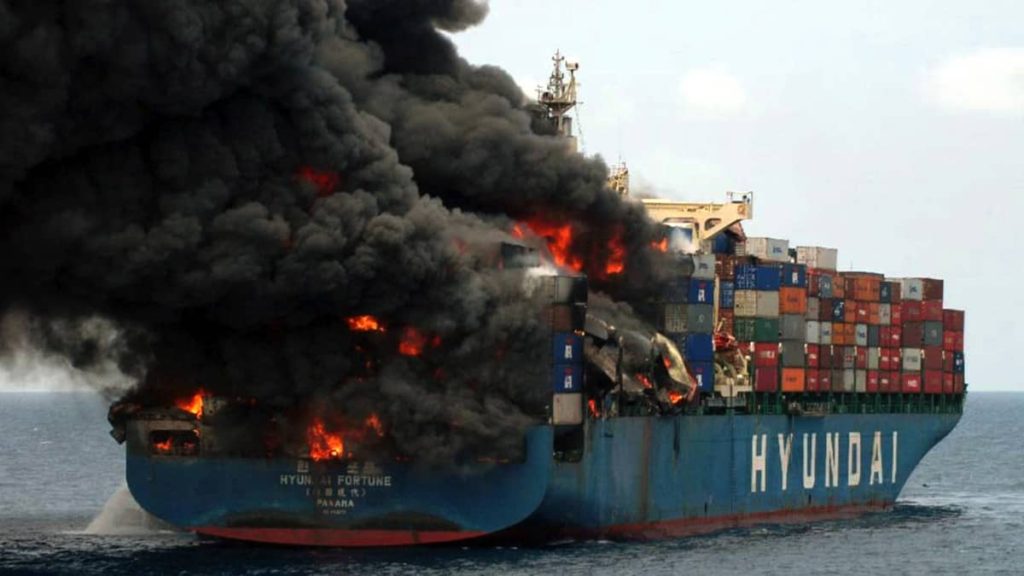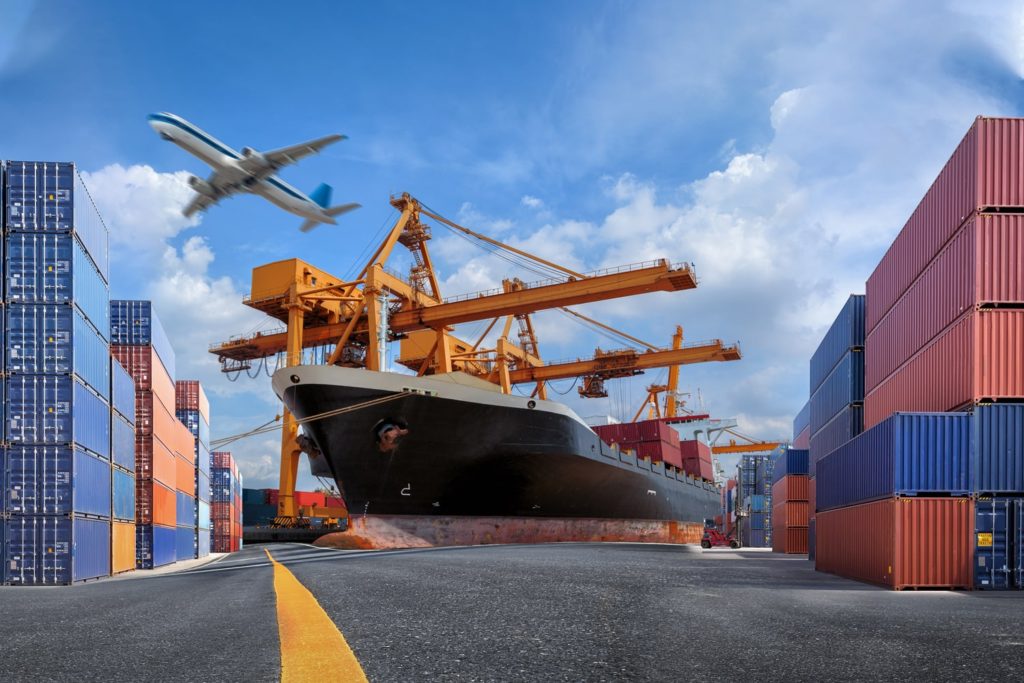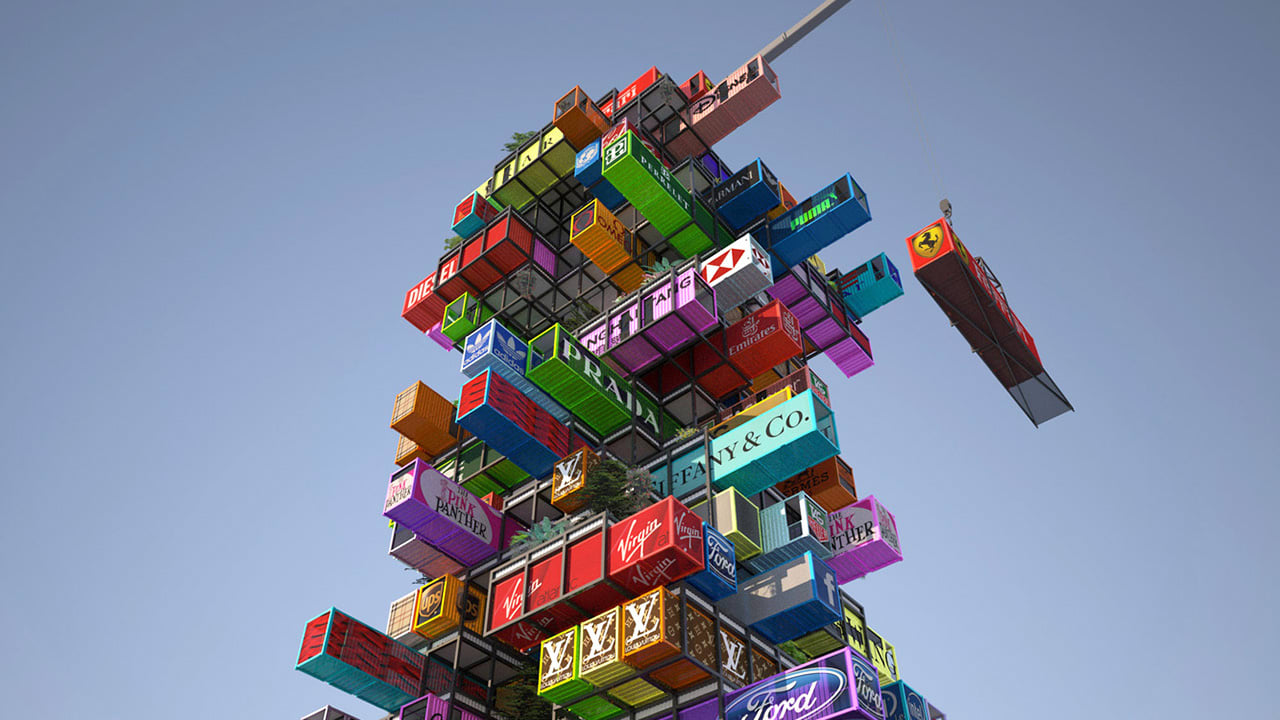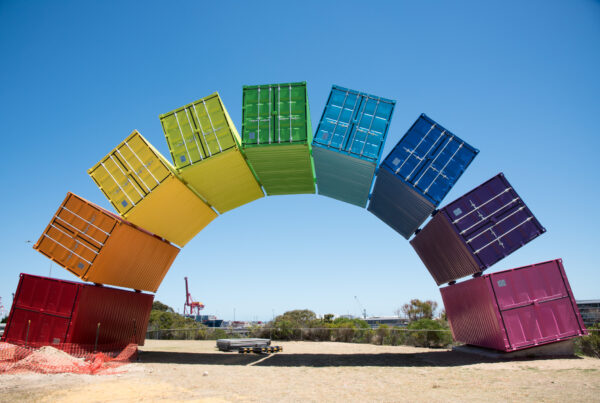Have You Covered Your Long-Tail Risk?
If 2020 has taught the world anything, it’s if things can go wrong, they will go wrong. In the spirit of that, we want to highlight the importance of protecting yourself and planning ahead for when they do.
Insurance is often overlooked and greatly important. With many options it can be difficult to select the right coverage before shipping. When things go wrong you don’t want to suddenly learn how vulnerable you are to a dangerous blame game. That’s why you must seek expert knowledge and advice now so you can be confident that you will be taken care of in your time of need.
Hands up, who can tell the difference between marine cargo insurance, contingent business interruption (CBI) insurance and supply chain risk insurance? Or how the shared loss provisions of General Average settlements fits into each?
In a recent study, it was shown that regular shippers will be involved in a General Average incident once every eight years. Without the right cargo insurance policy in place, a catastrophic incident like a General Average declaration could drive a company out of business.
e.g.: Ever Given
We’ve all read up on the Ever Given saga. Here’s where we’re at now:
The Suez Canal Authority’s (SCA) initial demand of US$916m in compensation has been lowered to US$550m. The money would cover salvage operations, costs of stalled canal traffic and lost transit fees for the week the Ever Given blocked the canal. Now parties are arguing whether the SCA should have allowed the Ever Given to enter the canal in the first place.
Divvying up the cost of whatever settlement they agree upon is likely to take some time to determine, as it involves claims with multiple parties. If the amount sought by the SCA continues to change, it will be hard to take the first step towards releasing the cargo on the vessel. Shippers who are unprotected face losses far greater than the value of their cargo.
For shippers with insurance, these hurdles will still take time but they would be handled promptly and correctly by a third party.

Not the First Rodeo
The last time General Average was declared was after the 2018 Maersk Honam fire. The adjustor fixed the salvage security at 42.5% of cargo value and 11.5% as a GA deposit. For example: this would mean a shipper with US$100,000 worth of cargo needed to pay a combined deposit of $54,000 to get their cargo released.
This leaves shippers with uninsured cargo highly vulnerable to losing it, as the owner can hold the goods under lien until the deposit is paid. Shippers with insured goods would have those deposits covered by their insurers who will be in the General Average fight for the long haul.
Lost In Transportation
In December 2020, 1,900 containers were lost or damaged on ONE Apus. It’s the worst loss of containers at sea since the MOL Comfort sank in 2013. Over 2,400 containers were lost or destroyed. All this led to an insurance bill topping $50m to cover repairs, reimbursements, and off hire fees.
According to the World Shipping Council, international shipping moves 130,000,000 containers a year, carrying a combined value of US$12 trillion worth of product. Each year 10,000 of those freight containers end up in the ocean.
While 10,000 of 130,000,000 is less than 1% of all traffic cargo, when it’s your cargo in one of those 10,000 containers, you do not want to be stuck making claims against the carriers’ limited liability. The ongoing capacity crunch and soaring freight costs means cargo risk is higher than ever. Vessels are sailing fully loaded and carriers have more incentive to go through storms and make other risky decisions to get to ports faster to load as many containers as they can. That is a recipe for more containers overboard.
It’s not just canal blockages and containers going overboard that can lead to loss of cargo. Among dozens of other events, there’s also…
Fire!
A container fire starting on May 20, 2021, onboard the X-Press Pearl led to an explosion 4 days later while the ship was at anchorage in Colombo port. According to the Sri Lankan Navy, the 2021-built, 1,486 TEU container ship was carrying cosmetics, 25 tons of nitric acid, and several other chemicals from Hazira, India. Mislabeling and mishandling of dangerous goods is all too common and the consequences can be severe.
The crew safely evacuated but the ship, along with all its cosmetic and chemical cargo is expected to be lost with its remnants polluting the surrounding waters.
So What Kind Of Insurance Is There?
Recent events reinforce an understanding that it pays to be prudent if you are a shipper. It is a priority to remain informed about what risks you need to protect against. Active vigilance means constant reevaluation of your insurance coverage to ensure that your company is protected against unforeseen events. Don’t let your business go down with a ship!
Shipping insurance is categorized as:
-
Carrier insurance is insurance provided by the shipping company. It may be included as part of the delivery service or as an optional extra cost. Liability is limited and damages are capped.
-
Self-insurance is when the shipper assumes responsibility and will cover replacement costs if goods are damaged or lost in transit.
-
Third-party insurance is insurance provided by an external insurance company who can offer expert advice and navigate claims on a shipper’s behalf should an event occur.
But Wait! There’s More
We’ve seen the headlines on our televisions, computers, smart phones and newspapers. Ships sink, catch fire, run aground, and get rerouted. Planes fall out of the sky, trains derail, and trucks run off the road. Within third-party insurance there are further subcategories of insurance that can mitigate the costs to the shipper, including but not limited to:
Marine cargo insurance is ancient and one of the oldest forms of insurance in the world. It covers goods in transit – by sea or air – against physical loss or damage for the entire period required to deliver items to their final destination. Marine cargo policies generally exclude losses caused by delay, though some policies add extensions for such losses, and “demurrage”. For example, a shipper could make a claim on fresh produce that is spoiled due to a delay while shippers with general cargo that remains intact would be unable to make a claim despite financial losses suffered due to a shipping delay.
Contingent business interruption (CBI) insurance is understood as the loss an insured party suffers when an event prevents a supplier from providing goods or services essential to the continuity of their business. Like marine cargo insurance, many CBI policies require “direct physical loss or damage” to covered goods or property for coverage to apply.
Supply chain risk insurance offers additional insurance against unforeseen delays. Unlike CBI, supply chain risk insurance covers events that are not limited to physical loss or damage. Instead, these policies focus on non-physical damage events and resultant business interruption losses.
Domestic cargo insurance provides coverage for your cargo carried by trucks for theft, collision and related risks. All truck carriers are required to carry a minimum amount of insurance, known as carrier liability insurance but it provides very little protection for shippers. The US domestic Carmack Amendment limits the monetary liability of most carriers. If your shipments via domestic trucks are of high value, additional cargo insurance is recommended.

Should I Self-Insure?
Without third-party cargo insurance your company assumes almost all the risk.
National and international treaty restrictions limit carriers’ liability to such low levels – with so many escape clauses – that cargo loss reimbursement can be less than the cost of the phone bill you will run up trying to get a satisfying answer about your claim.
The decision to self insure should be assessed very carefully as it could result in unmitigated losses and ultimately damage even the best established customer relationship.
You should also consider:
- Legal fees to make a claim
- Cost of replacement/lost opportunity
- Time and scheduling costs
- Loss of business as you recover and recoup
- Liability risk if your freight caused damage to other shipments or the environment
How To Protect Yourself And Your Cargo
With the existential threat of unmitigated losses and endless legal entanglements, third-party cargo insurance is an obligation for the responsible shipper. The only question is what level of coverage makes the most sense for your business. The value of reducing financial exposure and mitigating supply chain risks is immense.
Your basic CargoTrans All Risk Policy will cover:
- Covered Losses are paid without the need to prove carrier negligence. After your loss is paid, we work with the carriers to ensure your historical losses are minimized.
- No need to demonstrate where the loss occurred
- Claim payments based on insured value, not weight of pieces missing/damaged or Carrier’s limited liability
- CargoTrans will report and handle claims on your behalf
All Risk Shipper’s Interest Coverage provides the owner of the cargo with coverage for direct physical loss or damage to the cargo without the need to prove liability. If a loss occurs; you will be paid directly and any recovery possible from the carrier will be handled by our subrogation specialists. This covers all shipping by land, ocean and air. An easy way to remember “All-Risk” coverage is “everything is covered but what is excluded.” Typical exclusions include improper packing, inherent vice or rejection of goods by Customs.
*Subrogation: when a third party assumes another party’s legal right to collect a debt or damages.
Insurance Assessment is the Assurance You Need
With all risks considered, it’s best to weigh all potential costs of a loss versus the cost of insurance when making a final decision on purchasing cargo insurance or self-insuring your shipments.
Policies and coverage can vary. It’s best to know what you are purchasing and what it covers. If you are still unsure which route to take, CargoTrans has an expert, friendly team at the ready to help you make the best choice for you and your business. All you need to do is contact us.





